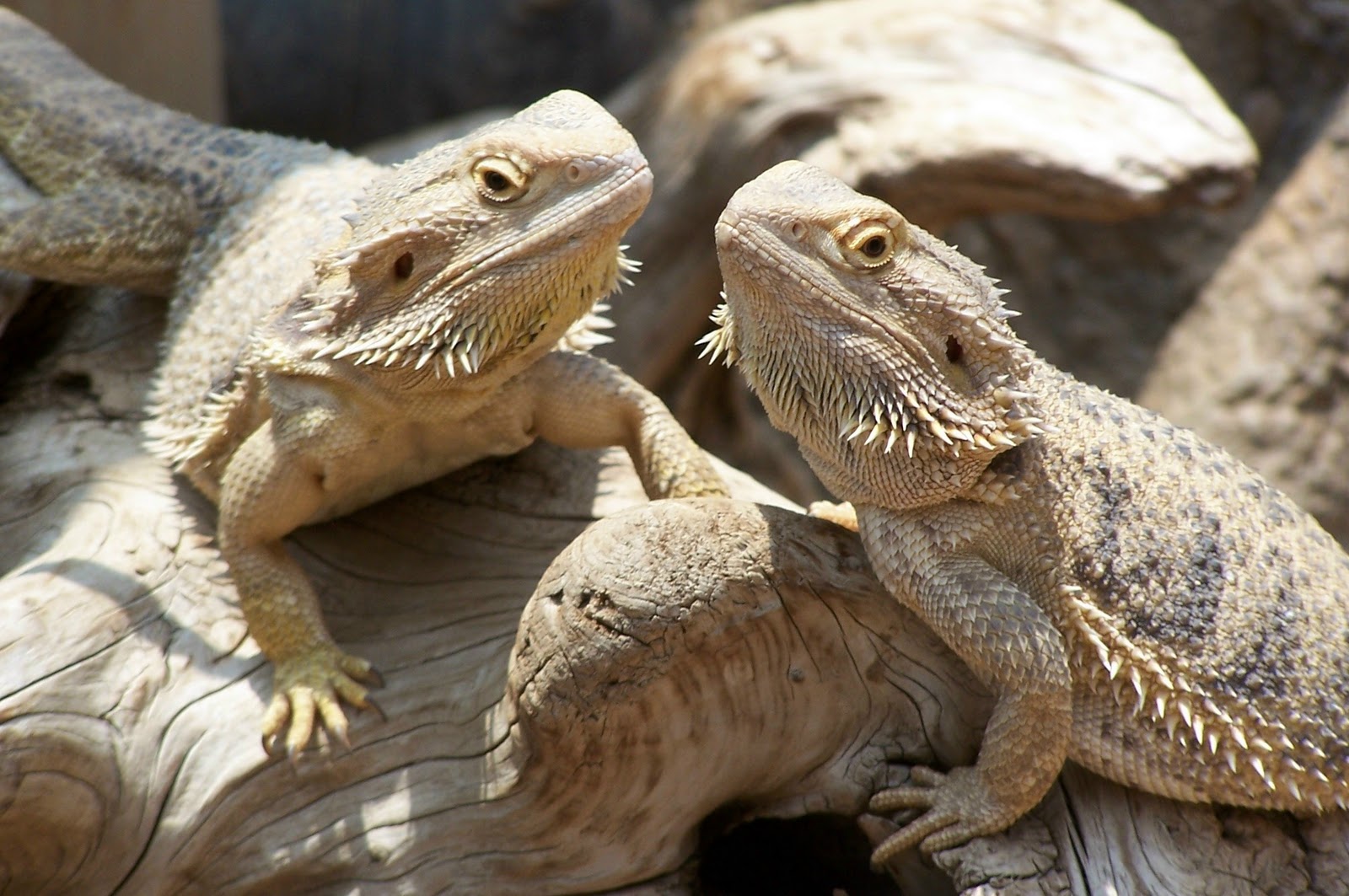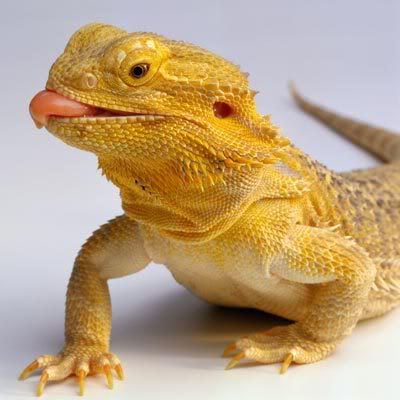Why Won't My Baby Bearded Dragon Eat? The Ultimate Guide for Beginners
Why Won’t My Baby Bearded Dragon Eat?
If you’re a new bearded dragon owner, you may be worried if your baby bearded dragon is not eating as much as it should. The reality is that there could be many reasons why your baby bearded dragon is not eating. In this guide, we’ll share some of the most common factors that may cause your baby bearded dragon to lose its appetite and stop eating, as well as some helpful tips on what you can do to address it.
Common Reasons Why Baby Bearded Dragons Stop Eating
Here are some of the most common reasons why your baby bearded dragon may stop eating:
Environmental Factors
One of the reasons why your baby bearded dragon might not be eating is the environment. Bearded dragons need a warm, dry environment that mimics their natural habitat to thrive. If the temperature is too cold or too hot, they may not want to eat because they are uncomfortable. Make sure the temperature is between 85-100 degrees Fahrenheit during the day and around 70 degrees Fahrenheit at night. A Your baby bearded dragon also needs a basking spot in the enclosure that is around 100-105 degrees Fahrenheit.

Dietary Issues
Another common reason why baby bearded dragons stop eating is dietary issues. It is important to provide your baby bearded dragon with a balanced diet that meets its nutritional needs. Baby bearded dragons are mainly carnivorous, but they also enjoy vegetables in moderation. Feed them two to three times a day with insects such as crickets, mealworms, and dubia roaches. You can also offer some leafy greens like collard greens, mustard greens, and turnip greens. Avoid feeding them any wild-caught insects or fruits that are high in sugar content, as this may cause digestive issues.

Stress
Baby bearded dragons may also stop eating due to stress, especially if they are new to their environment or have just gone through a stressful event like transportation. To minimize stress, make sure to handle your baby bearded dragon gently and avoid overcrowding their enclosure. Provide them with a hide box, so they have a safe place to retreat when they feel overwhelmed.

Health Issues
If your baby bearded dragon is not eating despite taking care of these factors, it could be due to health issues. Parasites, impaction, or other health issues can cause your baby bearded dragon to lose its appetite. If you’re concerned, bring your bearded dragon to a reptile veterinarian for a thorough check-up.
What to Do If Your Baby Bearded Dragon Isn’t Eating
If your baby bearded dragon is not eating or losing weight, here are some things you can do to help:
Check Temperature and Lighting
Make sure your baby bearded dragon’s environment is at the right temperature and lighting. Double-check the temperature readings with a thermometer and try adjusting the lighting or heating source if necessary.
Offer Food at the Right Time
Offer food to your baby bearded dragon at the same time each day or serve them right after they wake up. Baby bearded dragons are more active and alert in the mornings and are more likely to eat then.
Try Different Foods
If your baby bearded dragon is not interested in one type of food, try a different one. Variety is vital, and it’s crucial to stimulate their appetite with different types of protein sources and greens.
Reduce Stress
Stressed baby beardies won’t eat, so provide them with a hide box or arrange their enclosure so that it’s quiet and peaceful.
Visit a Veterinarian
If your baby bearded dragon does not improve after trying these tips, bring them to a reptile veterinarian. A comprehensive health assessment can determine why your baby dragon is not eating, and the veterinarian can recommend a treatment that suits your pet’s condition.
Conclusion
Baby bearded dragons are lively, sociable, and straightforward to care for, but they can stop eating for many reasons. As a beginner, it is essential to know these common factors that affect your baby bearded dragon’s appetite and what you can do to address them. Remember that they need the right environment, a variety of nourishing foods, and some peace and quiet to thrive. Consult with your veterinarian if you suspect there is something else amiss. With love and care, your baby bearded dragon will be happy, healthy, and eagerly waiting for the next mealtime.
